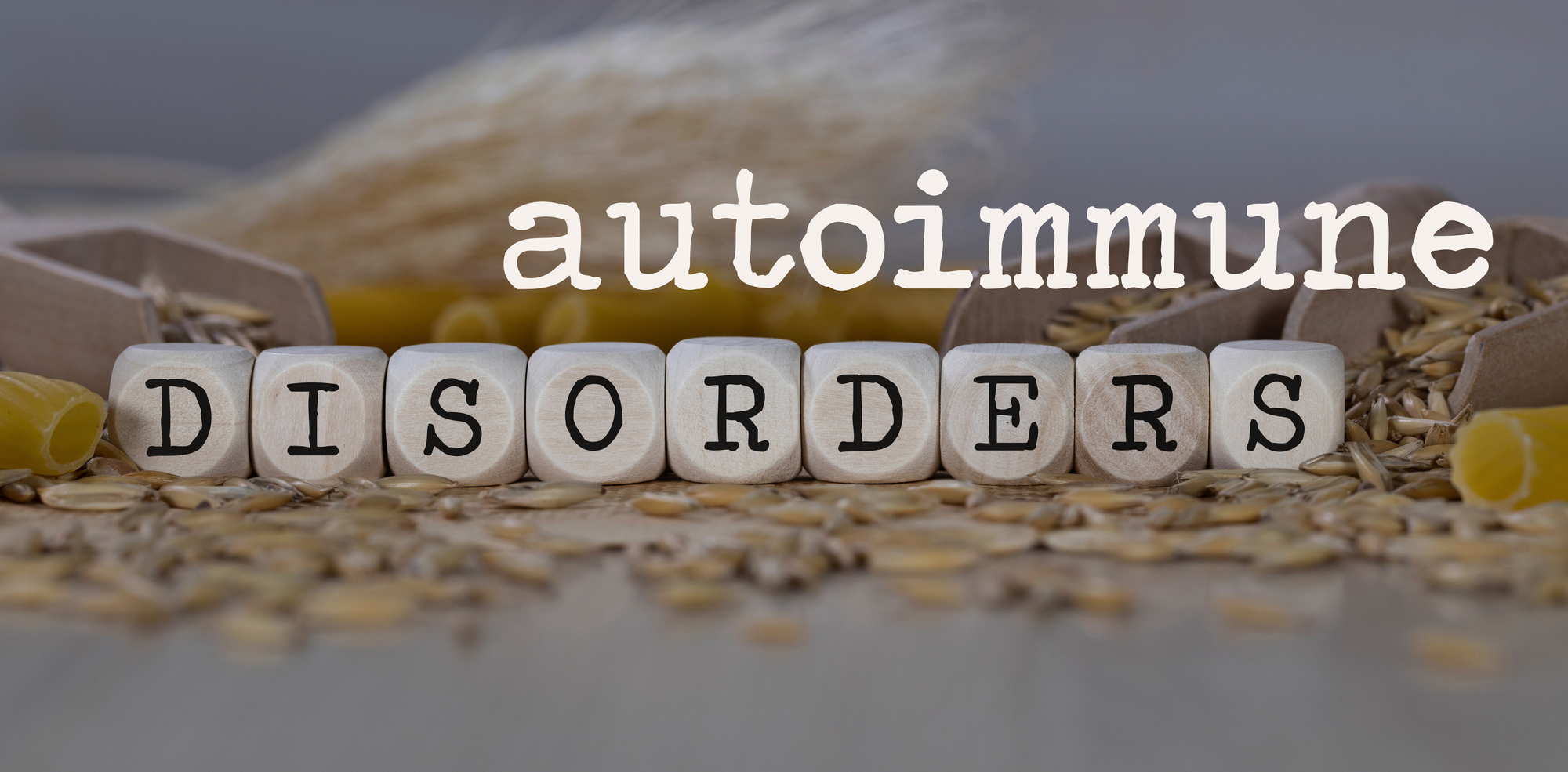Have you ever heard someone refer to autoimmune disorders as “your body is attacking or destroying itself”? Well, that definition is true. According to the American Academy of Allergy, asthma, and immunology, “an autoimmune disease is an illness that causes the immune system to produce antibodies that attack normal body tissues.” Antibodies are cells that defend against foreign invaders such as infections. An autoimmune disease sees a part of your body or a process as a disease and tries to combat it.
The National Institutes of Health (NIH) estimates that more than 23 million people in the U.S. have an autoimmune disorder. Other agencies estimate closer to 50 million. There are 80-100 different autoimmune diseases and many conditions thought to be related. These diseases can be difficult to diagnose since they can affect many different parts of one’s body. The symptoms can be intermittent and look like many other illnesses.
Some of the more common autoimmune diseases include rheumatoid arthritis, lupus, Sjogren’s syndrome, multiple sclerosis, type I diabetes, celiac disease, Crohn’s disease, ulcerative colitis, Graves’ disease, Hashimoto’s thyroiditis, and psoriasis to name just a few.
There is a genetic connection, so it is common to see families with more than one type or the same autoimmune condition. The incidence of autoimmune conditions has increased in the last 30 years due to environmental factors. Many of these conditions affect predominantly women and seem to manifest or worsen with hormonal changes such as taking an oral contraceptive, pregnancy, or perimenopausal shifts. Although research indicates the cause of many autoimmune conditions is unknown, there is always a trigger such as environmental exposure (toxins, diet), stress, or an infection, illness, or trauma.
Functional medicine finds three components to an autoimmune disorder:
1- genetic predisposition;
2- triggering event(s); and
3- leaky gut.
The following is from another NIH article published in Frontiers of Immunology, May 2017.
The intestinal epithelial lining, together with factors secreted from it, forms a barrier that separates the host from the environment. In pathologic conditions, the permeability of the epithelial lining may be compromised allowing the passage of toxins, antigens, and bacteria in the lumen to enter the bloodstream creating a “leaky gut.” In individuals with a genetic predisposition, a leaky gut may allow environmental factors to enter the body and trigger the initiation and development of autoimmune diseases. Growing evidence shows that gut microbiota is important in supporting the epithelial barrier and therefore plays a key role in the regulation of environmental factors that enter the body.
“When people ask if I treat a certain autoimmune problem, I say it doesn’t matter the name of the disease. I know the cause is the same, so we treat them all the same way. That treatment starts with repairing the gut (intestines). See my GI (gastrointestinal) article and video to learn more,” notes Susan Julian, NP, and Functional Medicine Practitioner. “In traditional medicine, there is no cure for autoimmune conditions, but using the functional medicine approach, I have seen symptoms completely resolve in some people and get drastically better in others. All without the use of traditional medications that cause many side effects.”
Functional medicine practitioners often recommend stool testing to determine the types and amount of good gut bacteria, bad bacteria, fungus (yeast), bacterial strains that increase the risk of developing an autoimmune problem, parasites, worms, digestive function, inflammation & leaky gut markers. Based on a patient’s symptoms, history, and test results a functional medicine practitioner can incorporate an individualized treatment plan to help each patient achieve optimum health.
For more information about functional medicine, visit JulianHealthcare.com or ifm.org.

